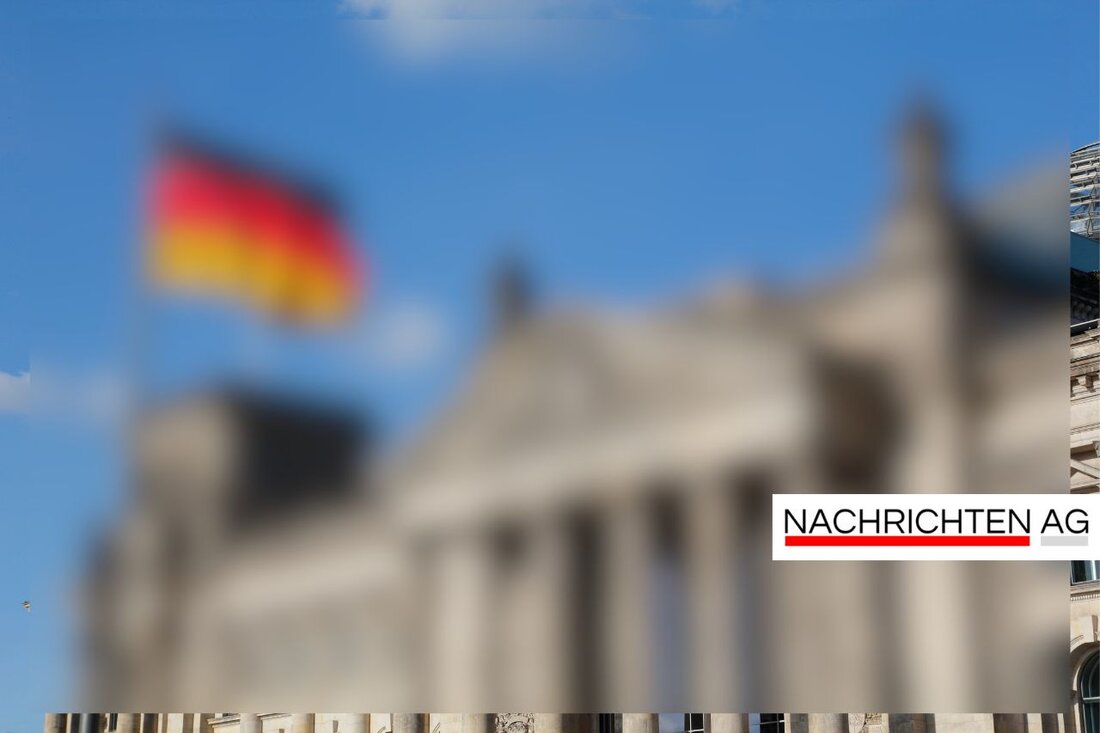Crises in Iran: German protection for double nationals required!
Crises in Iran: German protection for double nationals required!
In today's geopolitical situation, especially in crisis areas such as Iran, many Germans with Iranian roots ask the question of their consular protection. The Federal Government has a clearly defined obligation to protect the dignity and rights of its nationals abroad. This is an obligation that all German citizens are entitled to, regardless of whether they have a simple or double nationality. As reports [anwalt.de] (https://www.ananwalt.de/rechtstipps/ Krieg-im-iran- Konsular-fuer-die-die-wirtschen-inische-Beginvest-247024.html), this obligation to protect is particularly important in crisis situations.
But in practice there is a clear imbalance. While the Consular Act prescribes help to German foreign representatives, Germans with double nationality often do not receive the same protection. Here the Federal Constitutional Court is at the point of view that unequal treatment violates the equality requirement and the fundamental right to nationality. A current open letter emphasizes that a German passport may not be a second class document. The signatories demand that the Federal Government become active for all Germans abroad and make the return measures transparent. In the worst case, a failure to do so could even affect the criminal offense of the abuse of office.
protection obligation and international guidelines
international law offers some framework conditions that regulate consular protection. Diplomatic and Consular Law, as well as the Viennese conventions that Germany ratified, regulate the rights and obligations of diplomats and consular officers. According to AUBAUTERiges-amt.de, these civil servants have special immunities to take their tasks out of the reception state without interference. However, these privileges usually only concern their official actions and not the nationals themselves.
For German citizens who are in a crisis area, return aid in their home can be facilitated through various measures such as diplomatic interventions or Eilvisa. In a context that is often shaped by uncertainty, it is important that the rights of the citizens are secured. Protection not only includes help in life crises, but also support for legal problems or arrests. These procedures are regulated not only by national legal provisions, but also by international agreements that should guarantee transparent help.
EU-wide principles
The challenges of consular protection should not only be considered nationally, but also firmly anchored at European level. According to eu-lex.europa.eu, EU citizens can be protected not only by representing their own state, but also by the diplomatic presence of other member states. This offers an additional safety layer if your own country is not represented. The conditions for this protection are clearly defined: For example, it must be proven that your own member state has no consular representation in the third country.
at a time when the global tensions increase and the foci of crisis, consular protection is an important part of the rights and duties of a state towards its citizens abroad. It is all the more decisive that all German citizens have the certainty that their government is behind them - regardless of the nature of their citizenship.
| Details | |
|---|---|
| Ort | Frankfurt (Oder), Deutschland |
| Quellen | |


Kommentare (0)